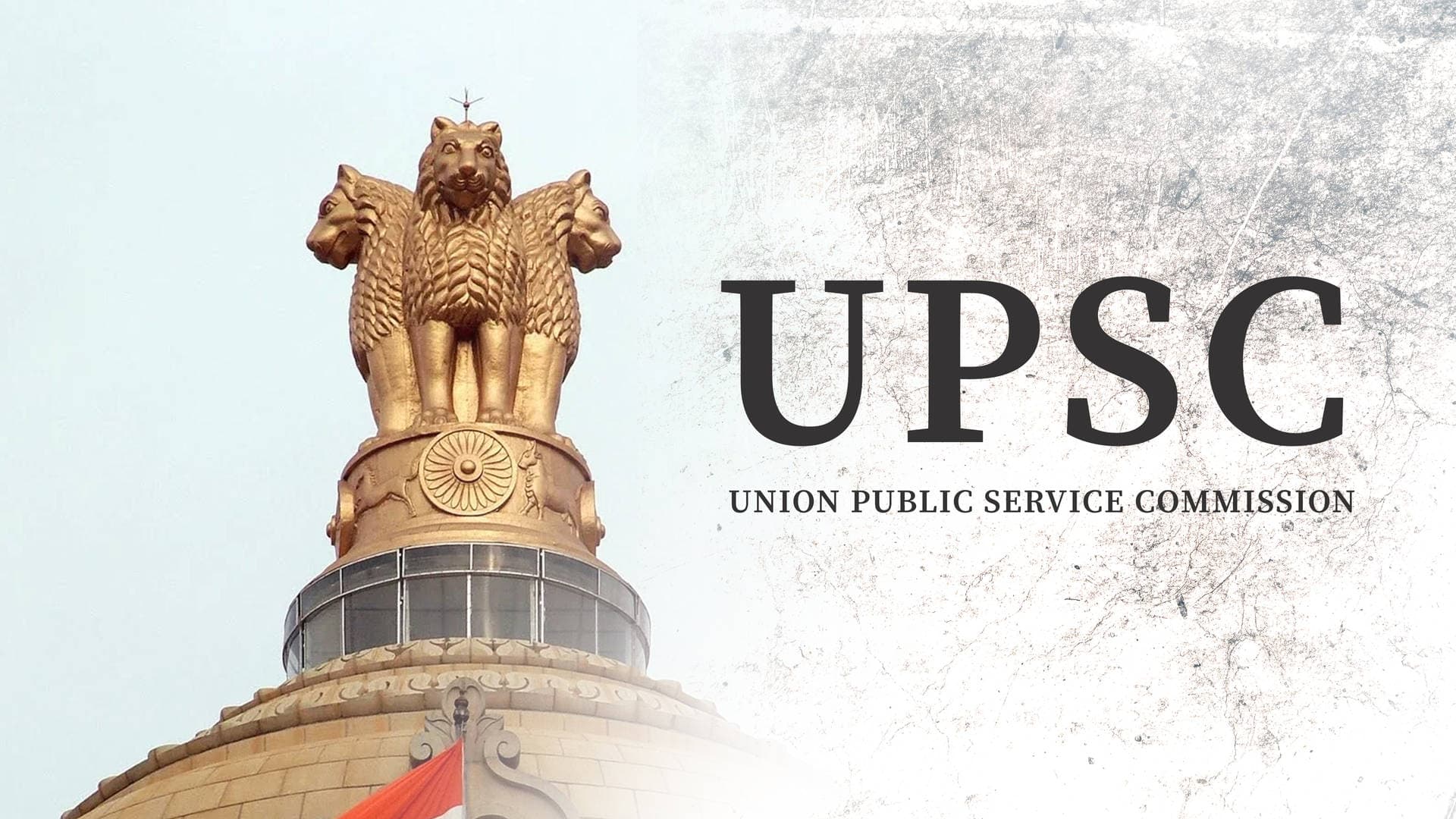The Union Public Service Commission (UPSC) Civil Services Examination is one of the most prestigious and competitive exams in India. Every year, lakhs of aspirants vie for a coveted spot in the bureaucracy, with the dream of serving the nation and making a positive impact. However, cracking the UPSC requires meticulous planning, unwavering dedication, and the right approach.
This blog post aims to demystify the UPSC and provide valuable advice from experts to help you chart an effective preparation strategy.
Understanding the UPSC
The UPSC Civil Services Exam is a three-stage process consisting of a preliminary exam, a main exam, and an interview. The preliminary exam is a screening test designed to shortlist candidates for the main exam. The main exam is a comprehensive evaluation of a candidate’s knowledge, skills, and aptitude for a career in civil service. The interview is the final stage, where the UPSC assesses a candidate’s personality, leadership potential, and suitability for the various services offered.
Expert Advice for Effective Preparation
Here are some key pointers from UPSC toppers and coaching experts to help you streamline your preparation:
1. Develop a Clear Strategy
The first step is to create a well-defined study plan that aligns with your strengths and weaknesses. Analyze the syllabus, identify the weightage of each subject, and allocate time accordingly.
2. Focus on the Syllabus
The UPSC syllabus is vast, but it’s crucial to prioritize the core topics within each subject. Utilize NCERT textbooks as a foundation and supplement them with standard reference materials.
3. Strengthen Your Foundation
Building a strong foundation in General Studies is essential. This includes subjects like History, Geography, Polity, Economics, Science & Technology, Environment & Ecology, and Current Affairs.
4. Practice Makes Perfect
Regularly solve previous years’ question papers and mock tests to get familiar with the exam pattern, time management, and question types. Analyze your performance and identify areas for improvement.
5. Stay Updated on Current Affairs
Keeping abreast of current events is vital for the UPSC exam. Read newspapers, magazines, and follow credible online sources to stay informed about national and international issues.
6. Join a Coaching Institute (Optional)
Enrolling in a reputed coaching institute can provide you with structured guidance, mentorship, and access to quality study materials. However, coaching is not a substitute for self-study and hard work.
7. Develop Answer Writing Skills
The UPSC Main Exam emphasizes answer writing skills. Practice writing concise, clear, and well-structured answers that address the question directly.
8. Maintain Discipline and Consistency
The UPSC journey requires unwavering dedication and discipline. Allocate sufficient study time each day, maintain a consistent routine, and avoid distractions.
9. Take Care of Yourself
While focused preparation is crucial, ensure you prioritize your physical and mental well-being. Take breaks, engage in physical activities, and get adequate sleep to maintain focus and avoid burnout.
10. Stay Motivated
The UPSC preparation can be long and arduous. Surround yourself with positive influences, seek inspiration from toppers’ success stories, and visualize your goals to stay motivated throughout the process.
Conclusion
The UPSC Civil Services Examination is undoubtedly a challenging endeavor. However, with the right approach, effective preparation, and a positive attitude, you can increase your chances of success. Remember, cracking the UPSC is a marathon, not a sprint. Be patient, persistent, and trust in your abilities.
Additional Tips
- Consider forming a study group with other UPSC aspirants for discussions, peer learning, and motivation.
- Utilize online resources like UPSC’s official website, educational websites, and online forums to access study materials and connect with other aspirants.
- Develop critical thinking skills to analyze information, form well-informed opinions, and present balanced arguments in your answers.
By following these expert tips and tailoring them to your individual learning style, you can embark on your UPSC journey with greater clarity and confidence. Remember, success in the UPSC is a result of your dedication, hard work, and the right guidance.
I hope this blog post proves helpful. All the best for your UPSC preparation!

